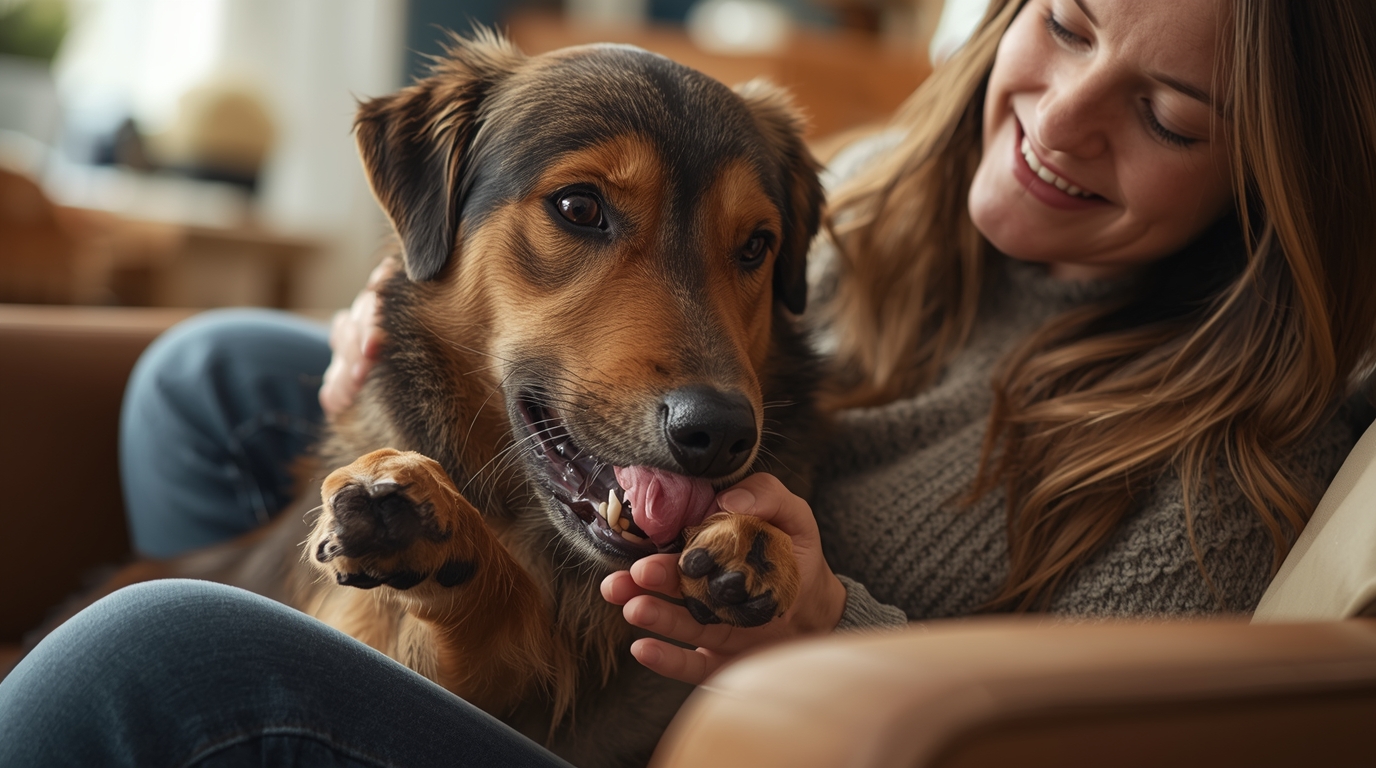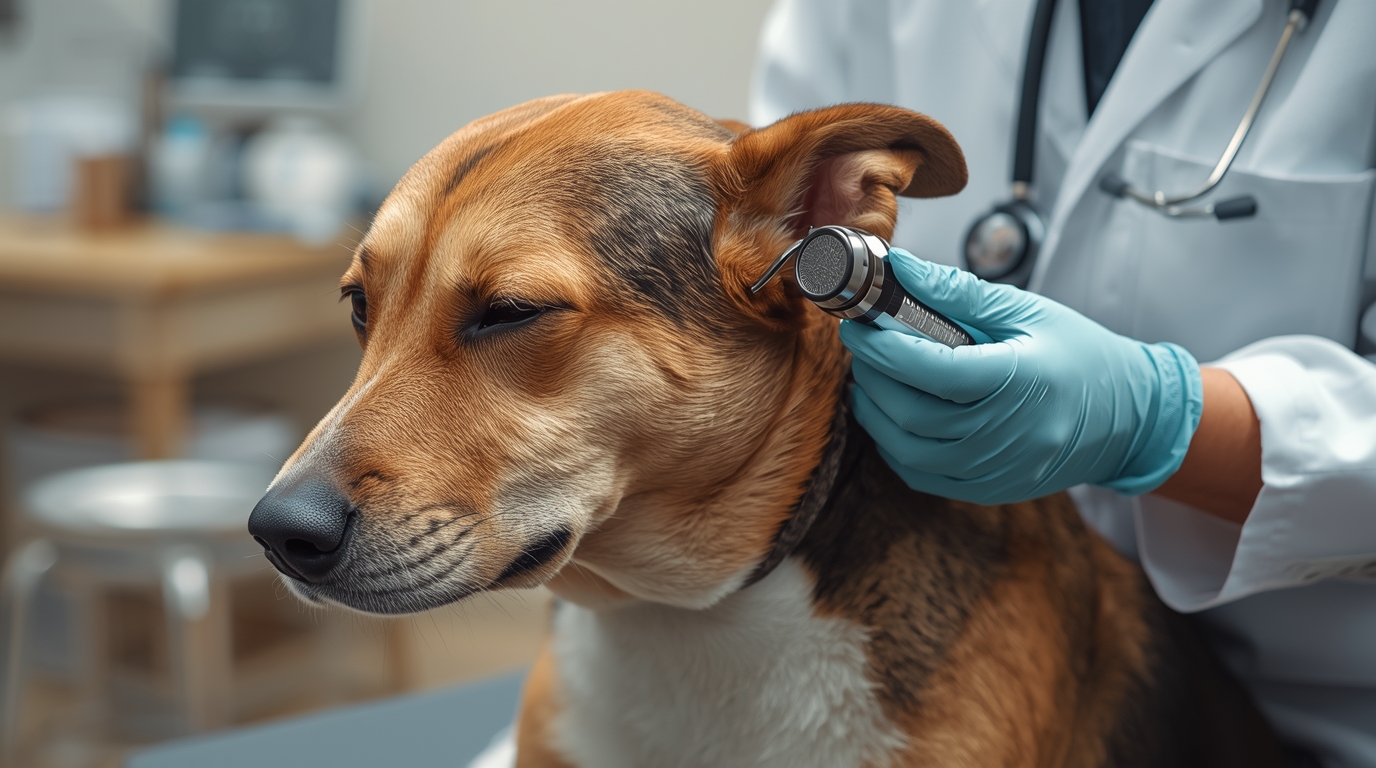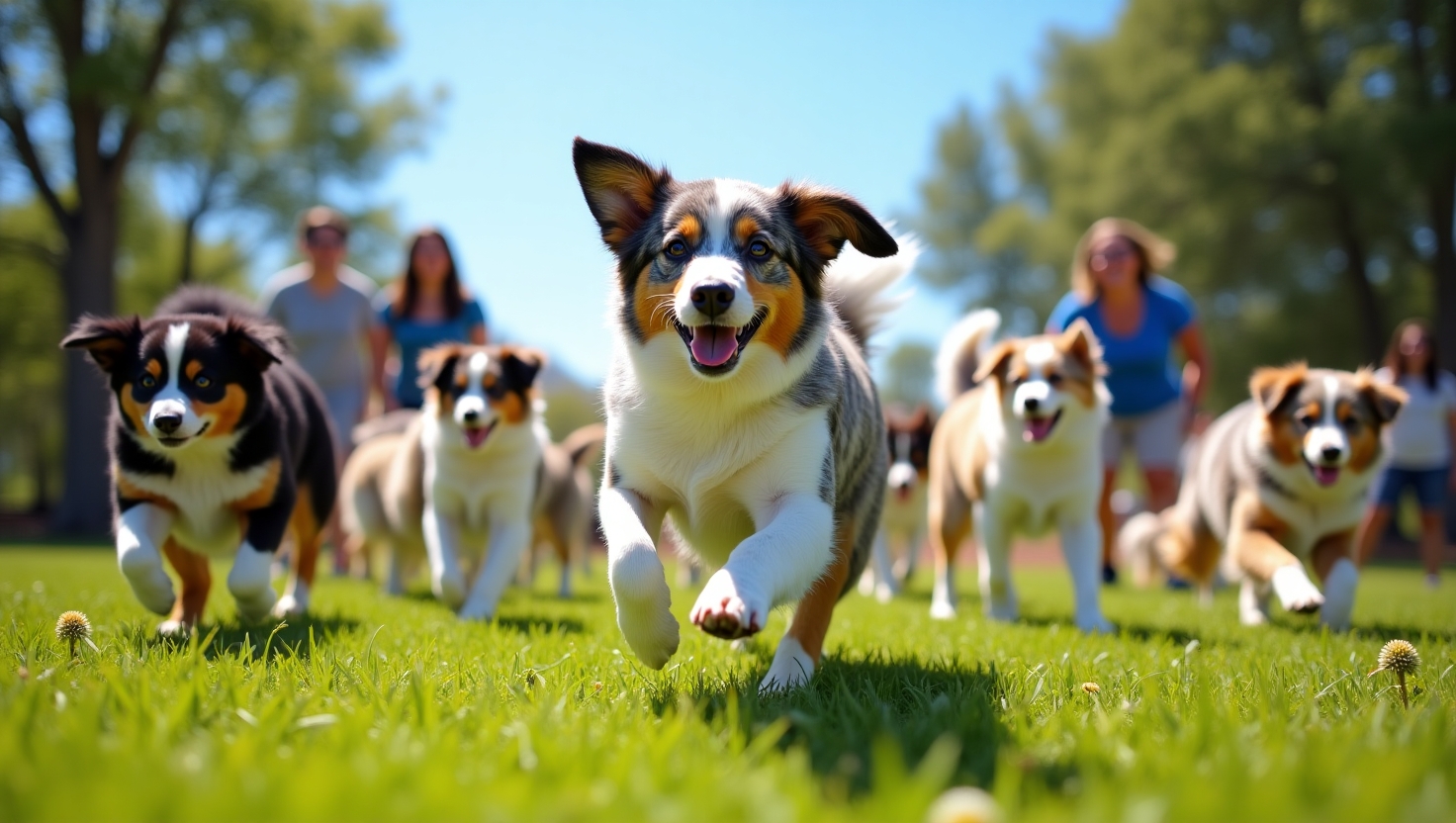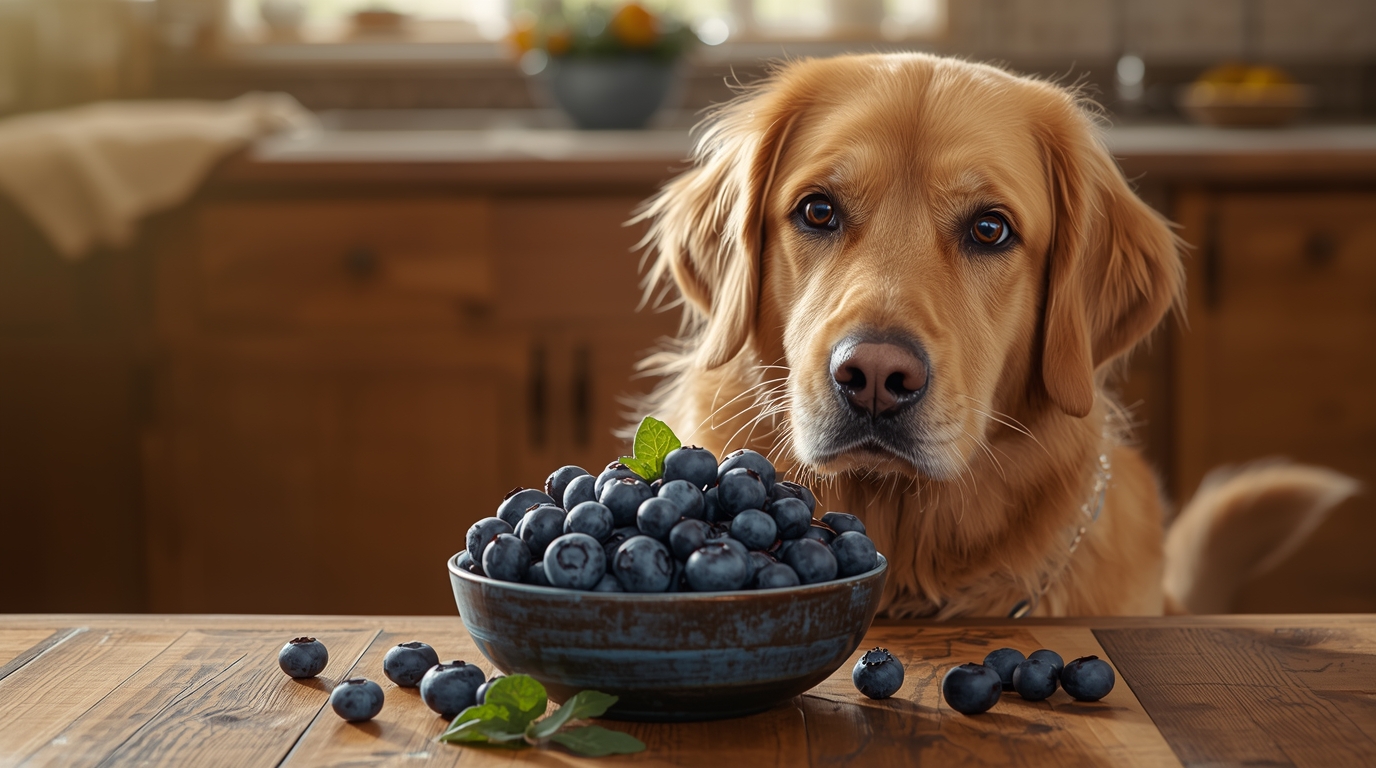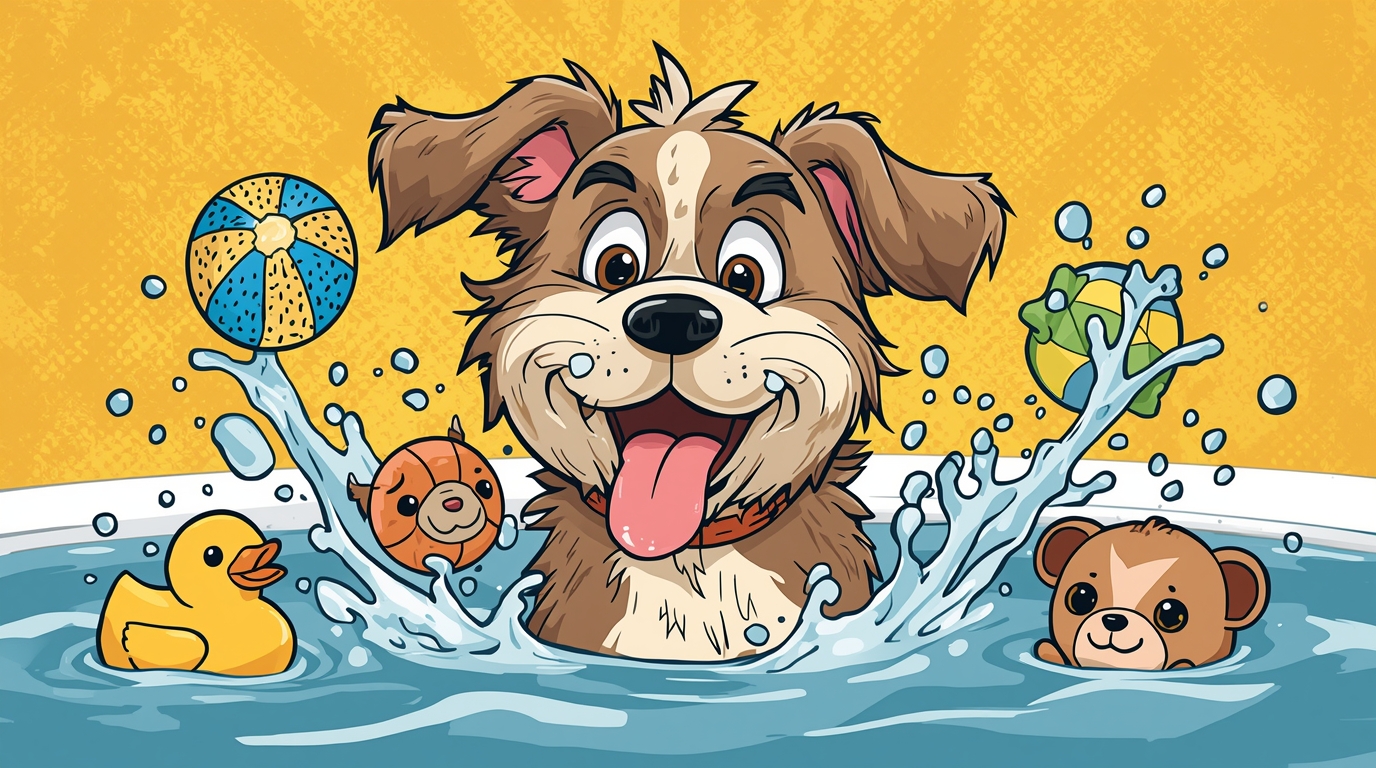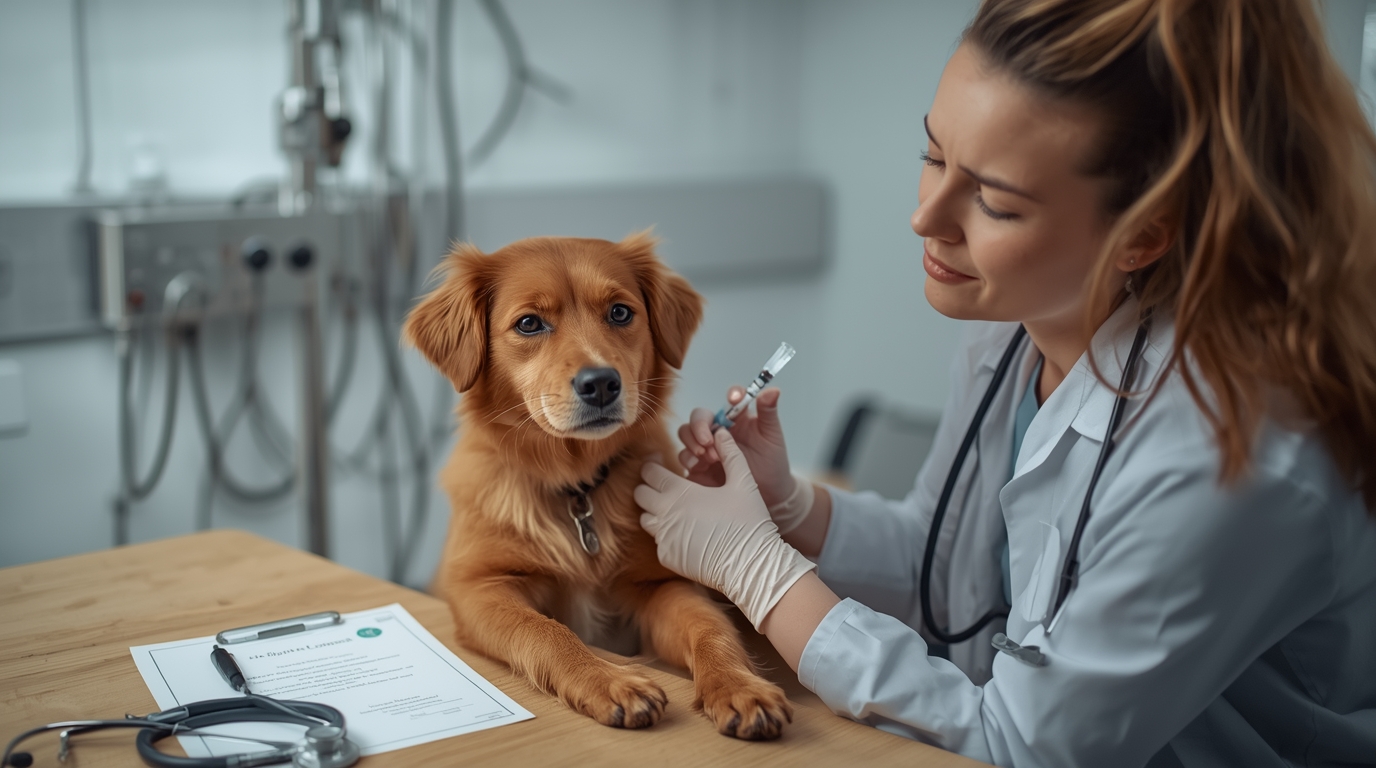Introduction:
“can dog eat cat food” Sharing is caring until your dog begins rummaging through the cat’s bowl. If you’ve ever asked, can dogs eat cat food?, you’re definitely not alone. It’s a problem that arises in households with multiple pets, and while the occasional sneaky licks will do no harm, frequent eating could be bad news for your dog’s health.
Let’s get into why it occurs, the risks, and how to maintain both your pets’ health and happiness.
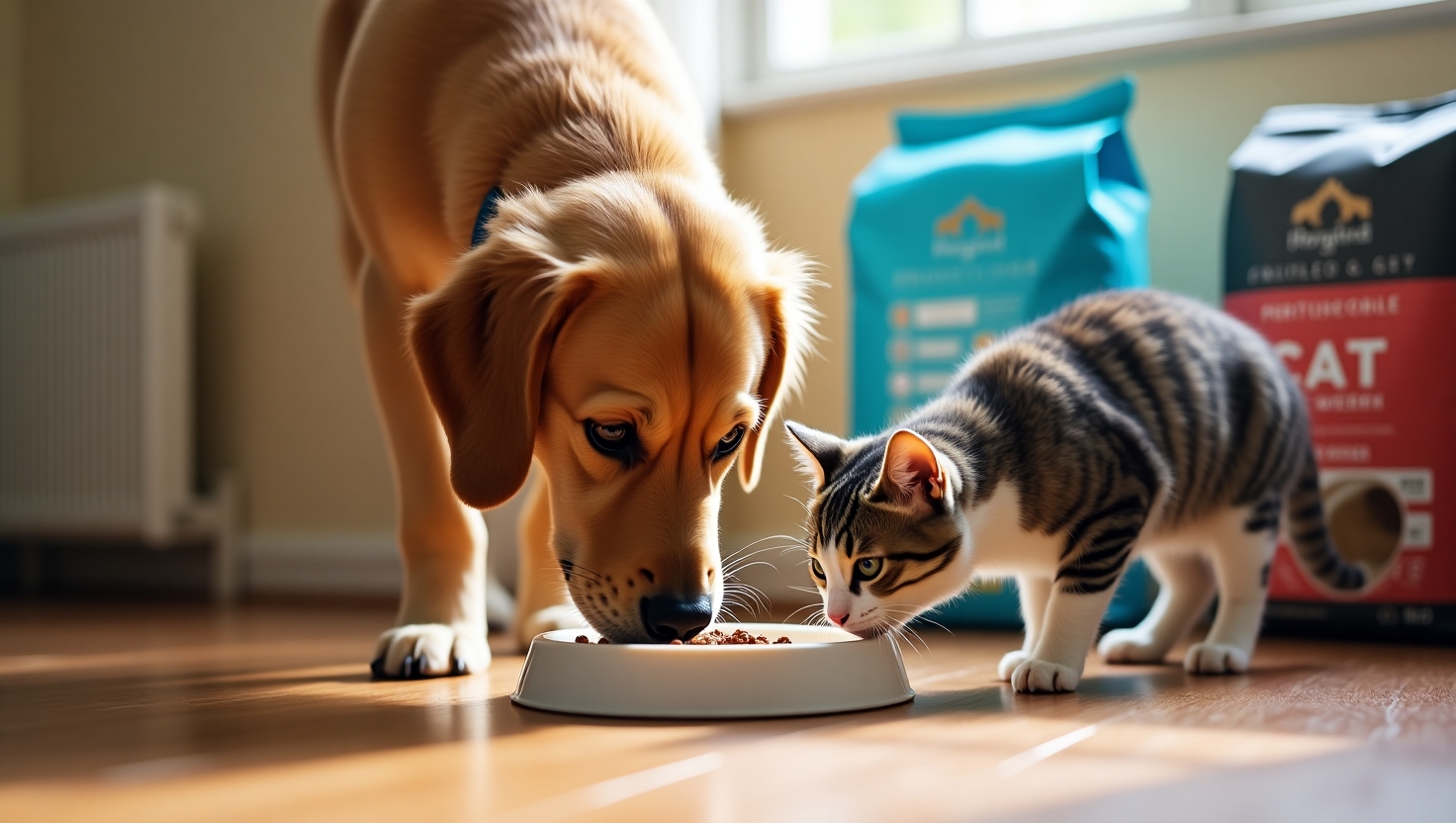
Australian Outlook: What the Professionals Explain can (dog eat cat food)
Australian vets and pet food professionals often warn against dogs consuming cat food. While dogs are omnivores and can tolerate a morediverse diet, cat food is specifically created for obligate carnivores such as cats. That translates to being unusually rich in protein, fat, and certain nutrients such as taurine, which are not necessary for dogs and potentially consumed in excess. The PetMD and Chewy recommendations support this, citing occasional consumption asunlikely to harm but regular feeding of cat food as heightening the dangers of gastrointestinal disturbance, obesity, pancreatitis, and nutritional imbalance.
What Makes Cat Food So Tempting (Yet Risky)?
If your dog has ever snuck a few morsels of your cat’s food, you’re not alone. Dogs appear to be magnetically attracted to that full, meaty scent. But although cat food is a treat to them (or at least, to their noses), it’s not formulated with canine nutritional needs in mind. Here’s why they find it so irresistible and why it can be a real issue in the long run.
1. High Protein & Fat Content
Cat food is formulated for obligate carnivores, which are animals that live virtually entirely on meat. For this reason, it will often havesignificantly more protein and fat than dog food. By AAFCO standards, adult cat food must have at least 26% protein and 9% fat, while minimums for dog food are 18% protein and 5.5% fat.
This fat- and protein-laden recipe makes cat food delicious to dogs. But to a dog’s digestive system, it may be too rich, resulting in upset stomachs, obesity, and even long-term health problems such as pancreatitis or obesity.
2. Nutrient Imbalance
Cats and dogs have significantly different nutritional requirements. Cat food contains added nutrients such as taurine and arachidonic acid, which cats require but which dogs don’t need or even may harm them. Conversely, dog food contains higher concentrations of fiber, carbohydrates, and certain vitamins that promote canine well-being butare not found in cat food.
If dogs continuously consume cat food, they will not receive sufficientamounts of the nutrients they truly require and this would result in malnutrition, dull coat, and lack of energy.
3. Strong Smell & Palatability
Let’s be honest, cat food is more pungent and meaty-smelling than dog food. That’s not by chance. The strong scent and heavy consistency are formulated to be irresistible to finicky feline palate, but it has the unforeseen consequence of making it irresistibly so for dogs.
The result? Dogs will often ignore their own food and beg for the cat’s, even though it’s not good for them. This habit can make it harder for you to maintain a proper feeding routine and can lead to bad behaviour like food stealing or overfeeding.
Health Risks of Regular Cat Food Consumption (can dog eat cat food)
Supplementing your dog with cat food may not be a bad idea at first particularly when they catch a few bites but if sustained, it can causesignificant health issues. Cat food is formulated for feline nutritional requirements, which are far different from that of a dog’s. Here are thedangers in closer detail:
1. Gastrointestinal Distress
Cat food contains much more protein and fat than the average dog isaccustomed to. This tends to make them sick, particularly in dogs with delicate digestive systems. Vomiting, diarrhea, gas, and pain in the stomach are typical symptoms. Small quantities cause discomfort in some dogs, especially smaller or older dogs.
2. Pancreatitis and Liver Strain
The high fat content in cat food can overwhelm a dog’s pancreas andcould result in pancreatitis, an agonizing and severe condition. Signsinclude loss of appetite, abdominal tenderness, vomiting, and lethargy. Pre-existing health conditions such as kidney or liver disease in dogs put them at greater risk since their organs cannot easily metabolize the lavish nutrients found in cat food.
3. Obesity and Weight-Related Issues
Because cat food is high in calories, it has the potential to make dogsheavy if consumed consistently. These weight gains lead to a number of medical issues such as joint stress, arthritis, diabetes, and heart complications. Dogs that lack regular exercise are particularlysusceptible to these issues.
4. Long-Term Nutritional Deficiencies
Although cat food appears to be full of nutrients, it doesn’t contain theessential ingredients that dogs require such as some vitamins, fibre, and the proper ratio of carbohydrates. Your dog might develop low energy, a dull coat, compromised immune system, and poor bone density over time. What tastes good now might result in deficiencies in the future.
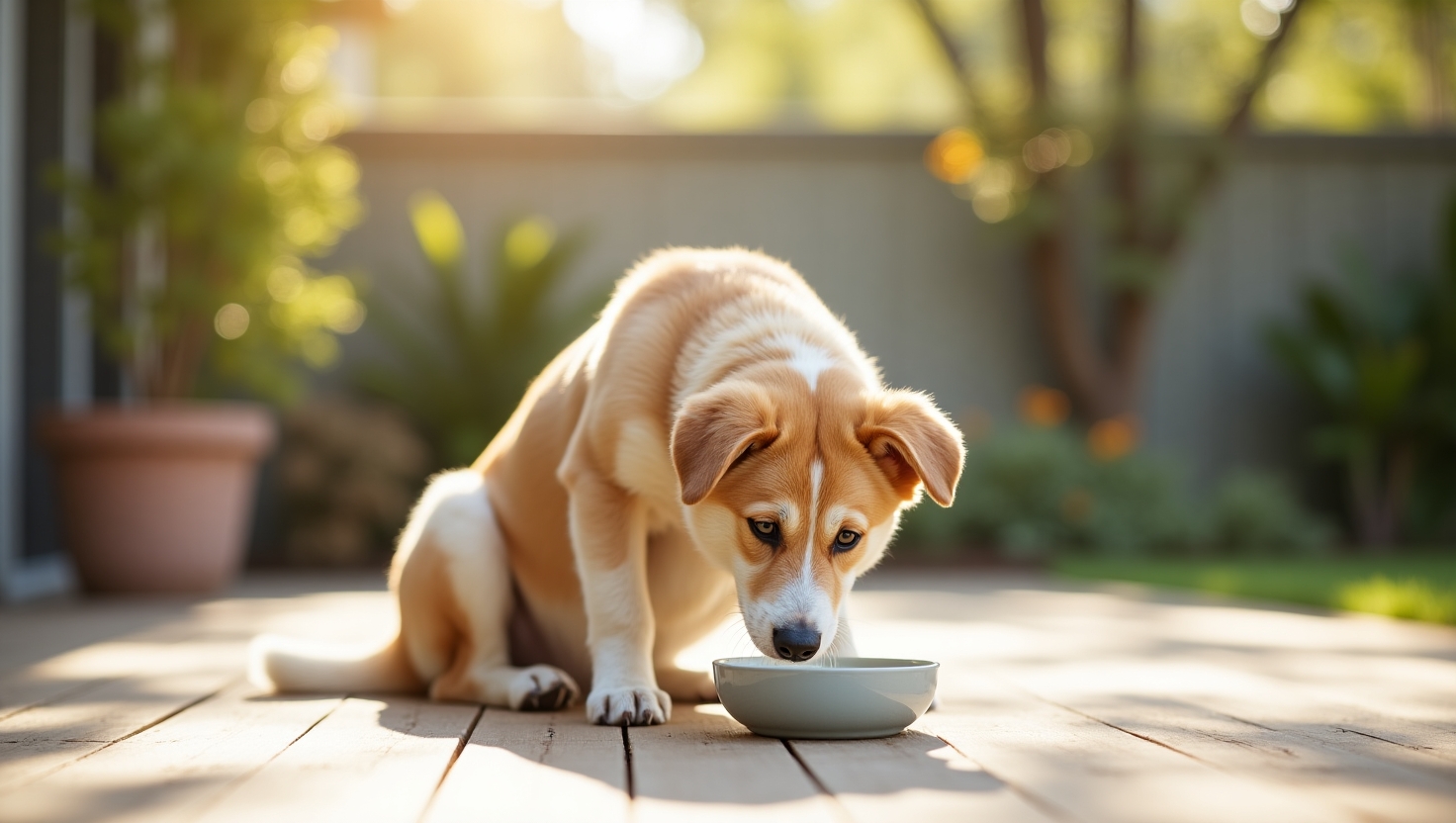
Is It Safe for Dogs to Have Cat Food in an Emergency Situation?
Yes a small quantity in a crisis (e.g., having no dog food) is not likely to do any real damage. But occasional is the operative word here. If your dog persists in eating cat food, then it’s time to go over their diet.
How to Stop Your Dog from Eating Cat Food
- Separate feeding areas – Store cat food in a closed room or on a raised platform.
- Use cat-specific microchip-activated feeders that only open for the cat.
- Feed on a schedule – Pick up bowls after meals to minimize temptation.
- Train commands such as “leave it” to set boundaries.
Coming Back to Dog Food Graduallyf
If your pet has consumed cat food, miss one meal and watch or modifyintake cautiously. Gradually bringing back dog food decreases stomach distress.
Expert Vets Weigh In
“can dog eat cat food” Dr. Julie Buzby, DVM: “Not the best to feed over the long term. Feeding a bit on occasion might be fine for healthy dogs, but weights, organs, and composition of diet count.” x
AAFCO Standards: Canines are omnivores that perform well on a balanced blend of proteins, fats, carbs as compared to cat food’s one-size-fits-carnivores method.
Check this: Hush Puppies: All You Wanted to Know about These Sweet, Long-Eared Friends
FAQ: Can Dogs Eat Cat Food?
- Is it safe for dogs to eat cat food from time to time?
Yes, a stray bite or two of cat food won’t generally hurt your dog. Butcat food is rich in fat and protein, and this can make a dog’s stomach upset if consumed repeatedly or in excess.
- Why is dog food not the same as cat food?
Cat food contains specifically formulated nutrients such as taurine and more protein to satisfy feline requirements. Omnivores such as dogsrequire a better-balanced diet with fibre, carbohydrates, and medium-sized protein. Cat food just doesn’t provide enough nutritional input for a dog’s long-term diet.
- What if my dog eats cat food daily?
Regular feeding of cat food to dogs can result in severe healthconditions like obesity, gastrointestinal issues, and pancreatitis becauseof its high fat and protein content. Over time, it can also lead to nutrient imbalance.
- Can puppies eat cat food?
No way. Puppies require specific nutrients to aid in their quickdevelopment. Cat food does not contain the proper calcium-phosphorus ratio and can lead to growth issues in developing pups.
- My dog eats cat food. How do I prevent them from doing it?
Keep cat food inaccessible and feed your cat on a counter or in a different room. Use baby gates or feeding stations if necessary. Train your dog with basic commands such as “leave it” to remind them of boundaries.
- Do cat treats hurt my dog?
Yes, they can if given regularly. Cat treats are high in protein and may contain ingredients not suitable for dogs. Always choose treats made specifically for dogs to avoid dietary risks.
- Are there any dog foods that taste like cat food?
Some dog foods are formulated to be more meat-rich and aromatic, similar to cat food. Look for high-protein dog foods if your pup seems to crave the flavour.
- What should I do if my dog ate a whole bowl of cat food by mistake?
Keep an eye on them. Vomiting or diarrhea may result in mild symptoms. If they experience extreme discomfort, bloating, or lethargy, call your vet immediately.
- Are there dog breeds more sensitive to cat food?
Yes, also small dog breeds and sensitive-stomach or pancreatitis risk dogs are more susceptible. Miniature Schnauzers and Yorkshire Terriers should never eat cat food because they are more fat-sensitive.

